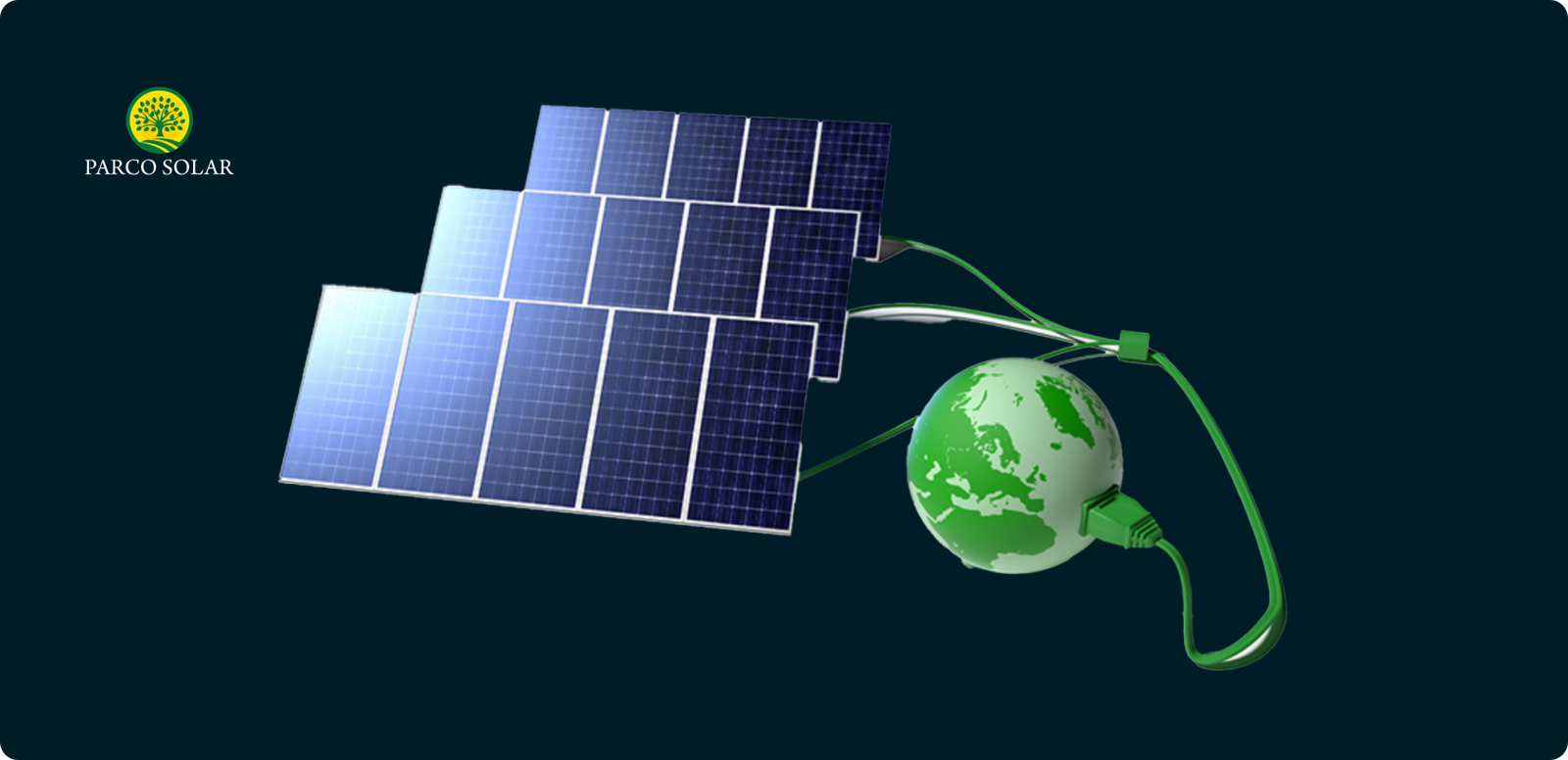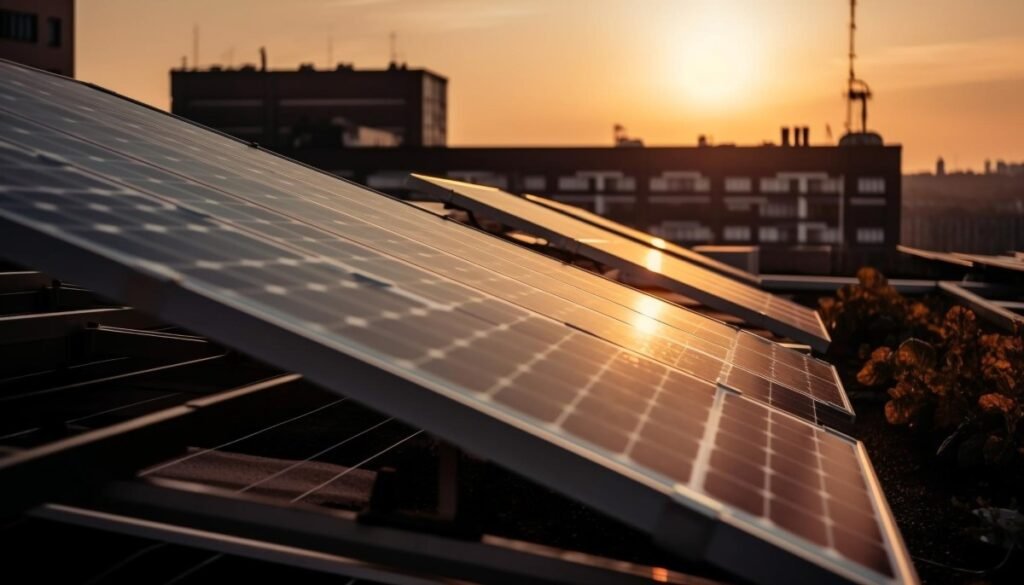Many years ago, our ancestors used stones and plants to light a fire using the sun’s energy. History tells us that the Greeks and Romans directed sunlight through mirrors to start a fire, commonly known as “burning mirrors.”
A few years later, the concept of “sunrooms” became popular, where humans used massive windows to direct sunlight into a single room – a practice that is commonly used today!
Much later in the 1800s, researchers and scientists could harness the sun’s energy to power ovens on long journeys and even operate solar-powered steamboats. These instances demonstrate that the concept of solar energy was prevalent long before the discovery of photovoltaic cells and solar panels.
Today, the solar energy industry has experienced an average annual growth rate of 24% in the past decade. The value of the U.S. solar market in 2022 is $36.3 billion and is projected to reach $223.3 billion by 2026. According to the Solar Energy Industries Association (SEIA), more than 200 gigawatts (GW) of solar capacity are installed across the U.S., which can power nearly 36 million homes.
With these statistics, it is no surprise that more and more people want to go green and switch to a cleaner and non-depletable source of energy—solar energy. However, going solar is a significant investment, often leaving people wondering if it is really worth it. In this blog, we will explore the long-term benefits of investing in solar energy.
The Benefits of Solar Energy: Is It Really Worth It?
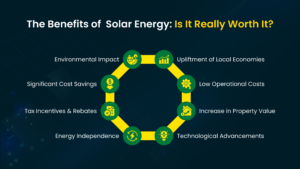
For an average consumer looking to invest in solar energy, there are many concerns, from cost to durability. Here are a few long-term benefits of investing and switching to solar power.
Environmental Impact
One of the most crucial benefits of solar energy is that it doesn’t cause carbon emissions. A study found that coal generates 18 times the carbon footprint of solar over its lifetime, while natural gas has 13 times the emissions footprint of solar.
These statistics show that solar energy can decrease the amount of greenhouse gasses released into the atmosphere. When burned, conventional renewable resources such as fossil fuels like coal and natural gas release carbon dioxide (CO2) and other harmful gasses. On the other hand, solar panels produce electricity without emitting any greenhouse gasses.
According to the World Health Organization (WHO), about 99% of people worldwide breathe air that exceeds air quality limits and threatens their health. More than 13 million deaths worldwide each year are due to avoidable environmental causes, including air pollution.
Solar energy systems do not contribute to air or water pollution because they do not emit pollutants. This is particularly beneficial for public health, as pollutants from conventional energy sources can lead to respiratory, cardiovascular, and neurological diseases in humans. Additionally, avoiding water pollutants preserves aquatic life and keeps water sources clean for drinking and agriculture.
Significant Cost Savings
The most immediate and tangible benefit of investing in solar energy is the dramatic decrease in monthly energy costs. Solar panels generate electricity from sunlight, which means less reliance on the grid, and lower electricity bills. Over time, these savings can add up to cover the initial cost of the solar system and continue to provide financial benefits for the lifespan of the panels, which can be 25 to 30 years or more. Over their lifetime, these panels can save you anywhere from $25,500 to $33,000 on electricity expenses.
Additionally, most regions offer net metering, a billing system that credits solar energy system owners for the electricity they add to the grid. If your system produces more energy than you use, the excess energy is sent to the grid, and you can earn credits that offset the cost of the power drawn from the utility at night or during low production periods. This can further reduce your monthly bills and increase overall savings.
Tax Incentives & Rebates
While installing solar systems may be expensive, various tax incentives and rebate programs can help offset the high costs. Governments often provide tax incentives, rebates, and other financial benefits to encourage solar energy adoption. For example, the Federal Tax Credit offers up to a 30% rebate on the price of a new solar installation. These can include federal tax credits and state-specific incentives, significantly lowering the initial cost and improving the return on investment. Researching local solar incentives is essential as they vary widely by region.
Energy Independence
Traditional electricity generation often relies on fossil fuels, which may need to be imported, subjecting countries to volatile global markets and geopolitical tensions. Solar energy utilizes the sun—a local and abundant resource—reducing the need to import expensive and polluting fuels. According to the US Department of Energy, a 22,000-square-mile area of solar panels could generate enough electricity for the entire country! This means the transition to solar energy can help stabilize local economies and reduce exposure to global fuel price fluctuations.
Upliftment of Local Economies
The solar industry creates manufacturing, installation, maintenance, and sales jobs. These jobs are inherently local because solar systems must be installed and maintained on-site. The U.S. solar industry employs more than 263,000 workers in all 50 states, and these job opportunities have increased by 8,846 jobs, or 3.5% growth since 2021. What is more interesting is that the global solar industry employs 4.3 million people, 40% of whom are women! These opportunities not only uplift local economies but also emphasize local energy efficiency.
Moreover, solar panels can be installed virtually anywhere that receives sunlight, including residential rooftops, business complexes, and remote areas. This capability allows for the decentralization of energy production. Localized energy generation means communities can produce their own power, which enhances local energy security and resilience against grid failures or external disruptions.
Low Operational Costs
Solar panels typically have a long operational life, 25 to 30 years. During this time, the panels maintain a high efficiency, usually guaranteeing at least 80% performance at the end of the warranty period. In fact, it is believed that 40-year-old solar panels are still operating at 80% efficiency to date!
A critical key feature that enhances the reliability of solar energy systems is their lack of moving parts. This reduces the risk of mechanical failures and wear and tear, which are common in complex machinery systems. It also significantly lowers the chances of operational issues and the need for repairs.
Solar panels are designed to endure harsh weather conditions, including heavy rain, wind, and snow. High-quality solar panels are tested rigorously to ensure they can withstand environmental stress without significant degradation in performance. This durability contributes to the systems’ overall reliability, providing a steady energy supply even in less-than-ideal weather conditions.
Solar energy systems require very little maintenance compared to other energy sources. Routine maintenance primarily involves keeping the panels clean and free of debris, such as leaves or dust, that can obstruct sunlight and reduce efficiency. When they break down, more than 90% of solar panel materials can be recycled and reused for other purposes.
Increase in Property Value
According to a study, solar panels raise a home’s value by 4.1% across the US on average, a boost of $9,274 on a $226,300 home. Another study revealed that home buyers nationwide have been willing to pay a premium of about $15,000 for a home with a well-equipped solar system.
Investing in solar energy not only contributes to a sustainable environment but also significantly
enhances property value. Homes equipped with solar power systems often attract higher resale values and sell faster than those without. This increase in property value is attributed to the prospective long-term energy cost savings associated with solar panels.
Additionally, property buyers are more environmentally conscious these days, making properties with solar installations increasingly desirable. This market trend reflects a broader shift towards environmentally friendly and energy-efficient homes, making solar energy a wise financial investment for property owners.
Technological Advancements
As technology progresses, the efficiency of solar panels continues to improve, making them a more attractive investment. Innovations such as Passivated Emitter and Rear Contact (PERC) and bifacial solar panels capture sunlight from both sides, maximizing energy production even in limited spaces.
Advancements in battery storage technology are pivotal for the usability of solar energy. Modern solar batteries, such as lithium-ion and flow batteries, offer longer lifespans and higher efficiencies at storing solar power during nighttime or cloudy days. These improvements help make solar power a more reliable and consistent energy source, enhancing its integration into the energy grid and the solar system’s utility and appeal.
Emerging technologies have also led to the development of flexible and transparent solar panels, which can be integrated into windows, buildings, and vehicles. This versatility opens up new applications for solar technology, making it possible to harness solar power in urban environments without the need for additional space.
As we embrace the long-term benefits of solar energy, we pave the way for a more sustainable and economically viable future. With innovative solutions that simplify the transition to solar and a commitment to environmental stewardship, choosing solar energy is not just a practical choice but a meaningful step towards preserving our planet for future generations!
Invest in Solar Energy, Choose Parco Solar!
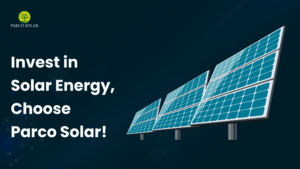
Switching to solar power systems can be overwhelming, but that is where we step in.
Parco Solar, short for Park and Company Solar, is a proud AAPI-owned company dedicated to a simple mission—making solar less complicated and more gratifying! We are a local company dedicated to providing a quality customer experience, and we serve the greater Los Angeles County, Orange County, and Inland Empire!
We offer top-tier products, such as solar panels, inverters, battery storage, etc, for your properties at a transparent price that maximizes your value. That’s not all; we install them promptly and attentively to ensure a smooth transition to an efficient energy supply!
Take a Step Towards a Clean, Green Future!
Contact Us

With a dedication to renewable energy and expertise in creating compelling content, Susan regularly offers insights on the latest trends and best practices in solar energy solutions and energy efficiency methods.

